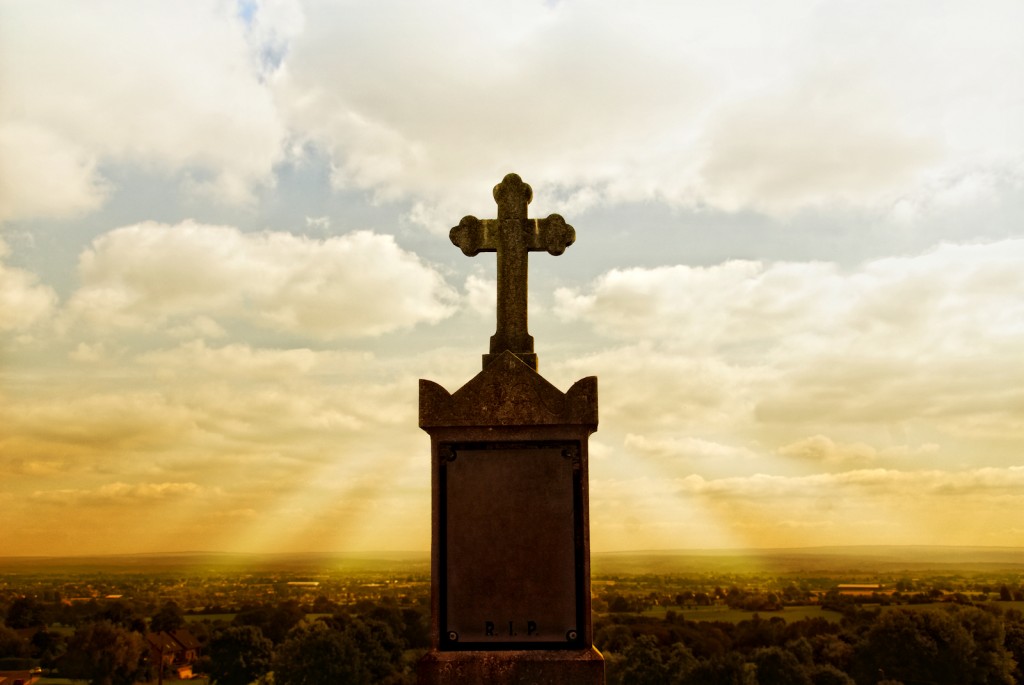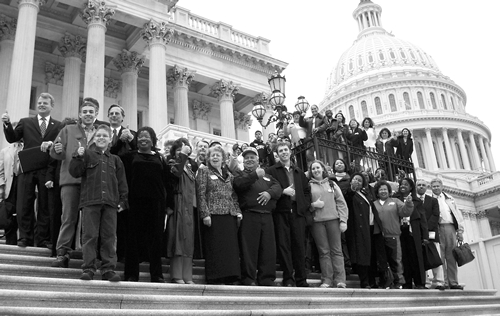Concrete Problems, Concrete Solutions
Concrete Problems, Concrete Solutions
While it is true that central to Christian theology is the life, death, and resurrection of Jesus Christ, it would be erroneous to reduce the whole of Christian theology to a set of beliefs. If one surveys the gospels, then a person will find Jesus both expounding upon theology and liberating people. For those who were sick, he cured them of their sickness. For those who were blind, he gave them sight. For those who were saddened, he comforted them. Jesus gave concrete solutions to the problems that people faced in the 1st century and did not merely offer them a set of beliefs.



